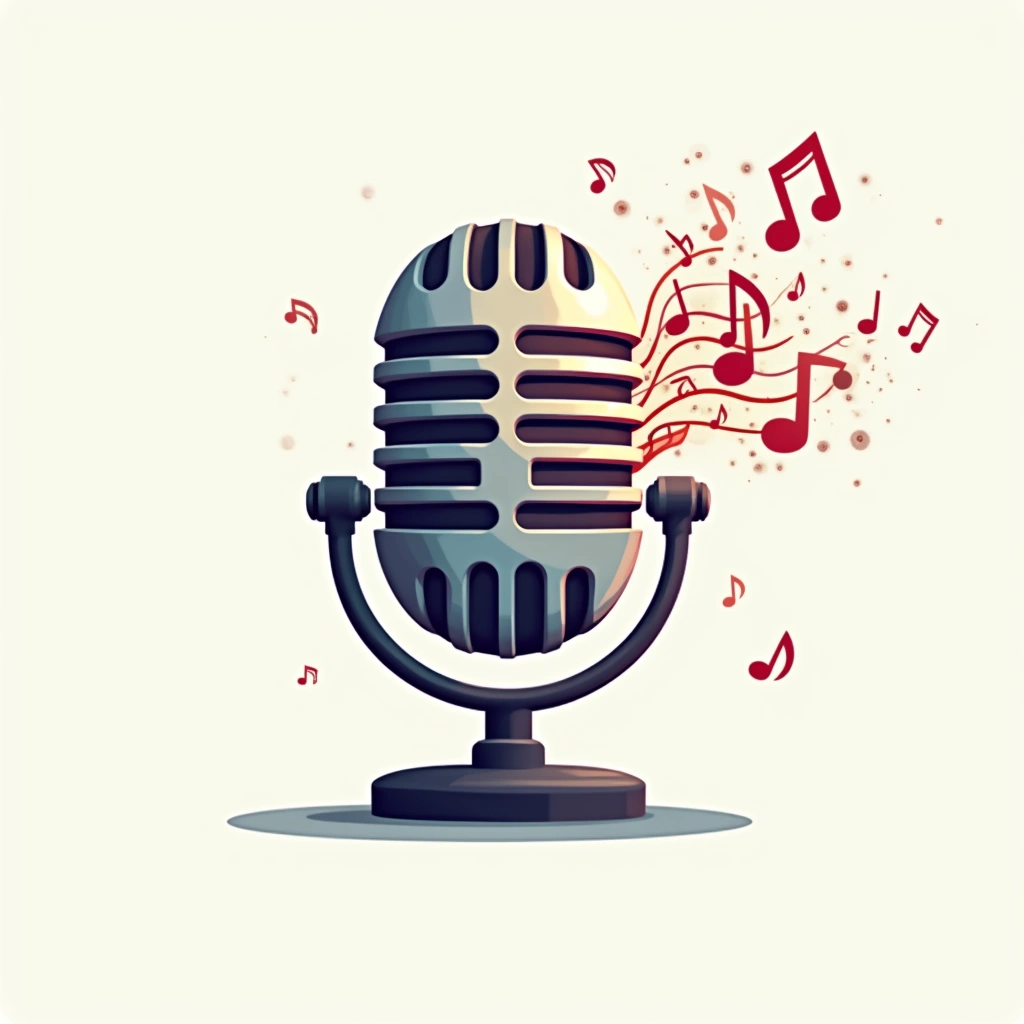
Pre-Interview Research Marathon
Spend hours reading books, watching films, or listening to works of guests to prepare insightful questions. Focus on understanding their background and contributions.



Vocal Tone Practice
Engage in singing lessons and vocal exercises to maintain a relaxed, natural speaking voice conducive to radio interviews.



Key Word Follow-Ups
Use a guest's specific phrases or terms to ask clarifying questions, deepening the conversation's nuance and authenticity.



Remote Interview Setup
Conduct interviews via phone or satellite feed rather than in person to maintain focus and reduce social pressure.



Night-Before Note Review
Revisit research materials and typed notes shortly before sleeping to reinforce memory retention.



Guest Comfort Assurance
Explicitly offer guests permission to skip overly personal questions before recording begins.



Annotation Speed Reading
Skim materials while circling key passages and dog-earing pages for later detailed note-taking.



Answer Editing Requests
Politely ask guests to condense lengthy responses during interviews to fit broadcast formats.



Team Diversity Cultivation
Actively recruit staff from varied backgrounds to broaden editorial perspectives and content range.



Post-Interview Reflection
Analyze completed interviews to identify missed opportunities or areas for improved questioning.



Cultural Literacy Maintenance
Continuously consume films, literature, and music to stay current with artistic trends and references.



Empathetic Silence Use
Allow brief pauses after emotional responses to give guests space before continuing.



Historical Context Integration
Incorporate historical parallels when discussing current events with guests.



Listener-Centric Editing
Prioritize audience comprehension when cutting interviews, removing insider jargon or unclear passages.

